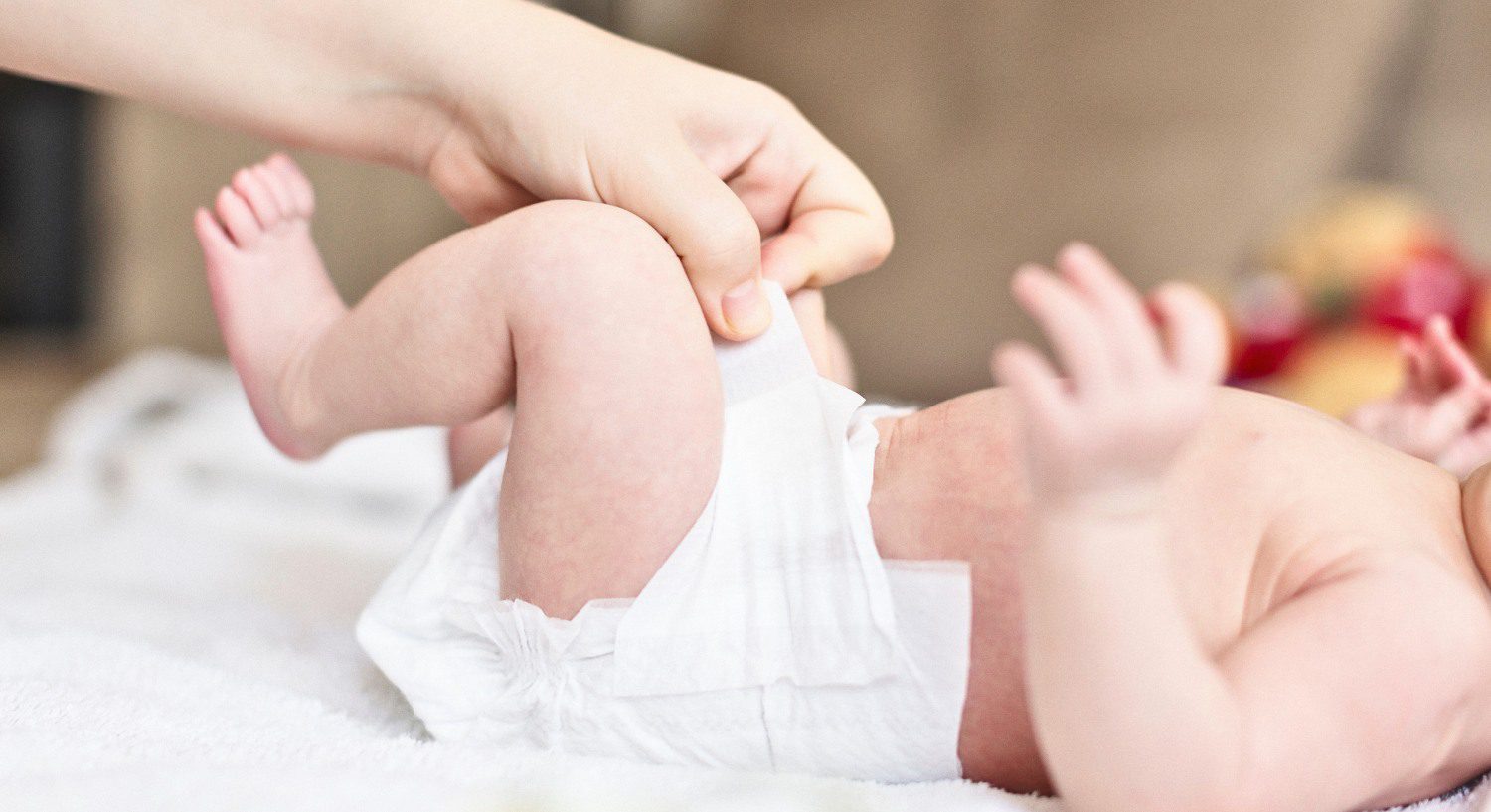Scary Things Babies Do But are OK!
New parents, take a deep breath! Babies do some pretty weird things that can seem alarming, but most of the time, they’re completely normal. At CMC Pediatrics, we’re here to help you navigate these early parenting challenges with confidence and peace of mind.
Normal (But Scary) Baby Behaviors
1. Breathe Funny
Babies have incredibly complex and sometimes alarming breathing patterns. Their respiratory systems are still developing, which leads to:
- Periodic breathing (alternating fast and slow breaths)
- Occasional breath-holding for a few seconds
- Noisy breathing, including snorts and grunts
Warning Signs: Contact your pediatrician if you observe:
- Consistent wheezing
- Persistent labored breathing
- Bluish tint to lips or skin
- Nasal flaring
- Chest retractions

READ MORE:
Croup: A Parent’s Guide
What it is, how to treat it at home, when to call the pediatrician, and what to do if it keeps coming back.
2. Weird Movements and Reflexes
Those jerky, twitchy movements are a sign of a developing nervous system:
- Moro reflex (sudden arm and leg spreading when startled)
- Involuntary muscle jerks
- Trembling during sleep or when excited
- Crossed eyes or wandering eye movements
Red Flags: Persistent asymmetrical movements or seizure-like episodes require immediate medical attention.
3. Unusual Skin Changes
Newborn skin goes through remarkable transformations:
- Newborn acne
- Cradle cap
- Milia (tiny white bumps)
- Temporary color changes during temperature shifts or crying
- Mongolian spots (blue-gray birthmarks)
Caution Points:
- Persistent rashes
- Signs of infection
- Extensive skin discoloration
- Blisters or open sores

READ MORE:
Baby Rashes: When to Seek Care
Helping you have a clearer understanding of different types of baby rashes and when it’s essential to seek medical care.
4. Bizarre Sleep Patterns
Newborn sleep is anything but predictable:
- Irregular sleep cycles
- Loud, sometimes noisy breathing
- Sudden movements during sleep
- Brief crying or whimpering
- Active REM (Rapid Eye Movement) sleep
5. Digestive Surprises
Babies’ digestive systems are learning to work:
- Occasional projectile vomiting
- Various stool colors and consistencies
- Frequent gas and stomach gurgles
- Temporary constipation or diarrhea
READ MORE:
How Long Can a Baby Go Without Pooping?
You might get a little worried when your baby is not pooping as often as you think they should.

Developmental Milestones vs. Worrying Signs
Normal Developmental Variations
- Uneven head shape
- Soft spots (fontanelles)
- Different growth rates
- Varying motor skill development
When to Seek Professional Help
Immediate medical attention is crucial if your baby experiences:


READ MORE:
Common Misconceptions About Newborns
CMC Pediatrics: Your Trusted Pediatric Partner
With multiple convenient clinics throughout Horry County, CMC Pediatrics is your comprehensive resource for infant and child healthcare. Our experienced pediatricians specialize in:
- Newborn care
- Developmental assessments
- Parent education
- Compassionate medical support
>> Pro Tip: Keep a baby journal to track your infant’s behaviors, feeding patterns, and development. This can be an invaluable tool during pediatric consultations.
Remember, every baby is unique. Trust your parental instincts, but also trust our expert pediatric team to guide you through these exciting and sometimes overwhelming early days.








